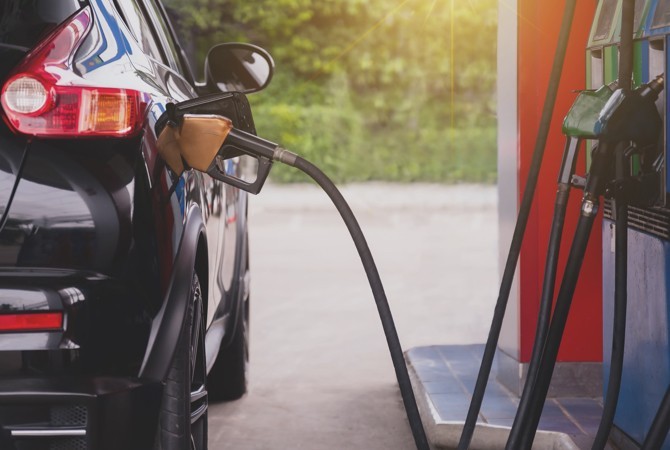
Excessive braking is a common behavior among drivers that not only affects the overall driving experience but also significantly impacts fuel consumption and mileage. Understanding the reasons behind unnecessary braking sheds light on how drivers can improve their fuel efficiency and reduce costs associated with frequent refueling.
Unnecessary braking refers to instances where drivers apply the brakes without a valid reason, such as sudden deceleration or stopping abruptly when it's not required. It often occurs due to poor driving habits, lack of anticipation, or failure to maintain a safe following distance.
When a vehicle brakes, kinetic energy is converted into heat through friction, resulting in energy loss. This energy dissipation contributes to fuel consumption and reduces overall efficiency. The more frequently a driver brakes unnecessarily, the more energy is wasted, leading to higher fuel costs.
Frequent braking increases the workload on the engine, leading to higher fuel consumption. When a driver brakes unnecessarily, the engine must work harder to regain momentum, resulting in increased fuel usage. This phenomenon is particularly evident in city driving, where frequent stops and starts are common.
Continuous braking disrupts the smooth flow of traffic and reduces the overall mileage of the vehicle. Vehicles that experience frequent stops and starts, such as those driving in urban areas, typically have lower fuel efficiency compared to those traveling at a consistent speed on highways. By minimizing unnecessary braking, drivers can improve their mileage and reduce fuel costs.
Excessive braking not only leads to higher fuel consumption but also increases maintenance expenses. Components such as brake pads, discs, and calipers wear out more quickly when subjected to frequent braking. As a result, drivers may incur additional costs for brake replacements and other maintenance services. By reducing unnecessary braking, drivers can extend the lifespan of their vehicle's braking system and save money on repairs.
Maintaining a safe following distance is crucial for avoiding unnecessary braking. The three-second rule is a widely accepted guideline for determining a safe distance between vehicles. By keeping a sufficient distance from the vehicle in front, drivers have more time to react to changes in traffic flow without resorting to sudden braking.
Predictive driving involves anticipating changes in traffic flow and adjusting speed accordingly. By scanning the road ahead and observing traffic patterns, drivers can identify potential hazards and take proactive measures to avoid unnecessary braking. Anticipating traffic signals, lane changes, and other drivers' actions can help minimize the need for sudden stops.
Smooth acceleration and deceleration are key to reducing unnecessary braking. By gradually increasing or decreasing speed, drivers can maintain a steady flow of traffic without resorting to abrupt stops. This not only improves fuel efficiency but also enhances overall driving comfort and safety.
Cruise control is an effective tool for maintaining a consistent speed, especially on highways. By setting the cruise control to the desired speed, drivers can minimize fluctuations in speed and reduce the likelihood of unnecessary braking. This helps conserve fuel and promotes a smoother driving experience.
Advanced Driver Assistance Systems (ADAS) offer various features designed to improve safety and reduce the likelihood of accidents. Collision avoidance systems, for example, use sensors and cameras to detect potential collisions and alert the driver. Automatic emergency braking systems can apply the brakes automatically if a collision is imminent, helping to prevent unnecessary braking and mitigate the risk of accidents.
In conclusion, unnecessary braking has a significant impact on fuel consumption, mileage, and overall driving costs. By adopting proactive driving strategies such as maintaining a safe following distance, anticipating traffic flow, and utilizing advanced driver assistance systems, drivers can minimize the need for sudden braking and improve fuel efficiency. This not only saves money on fuel but also reduces maintenance expenses and promotes a safer driving environment.
Toxic Dye Alert: Tamil Nadu Health Deptt Bans Cotton Candy Sales
From Immunity Boost to Weight Loss: This Water Benefits Many Aspects
Make These Diet Changes Today to Protect Yourself from Fatty Liver